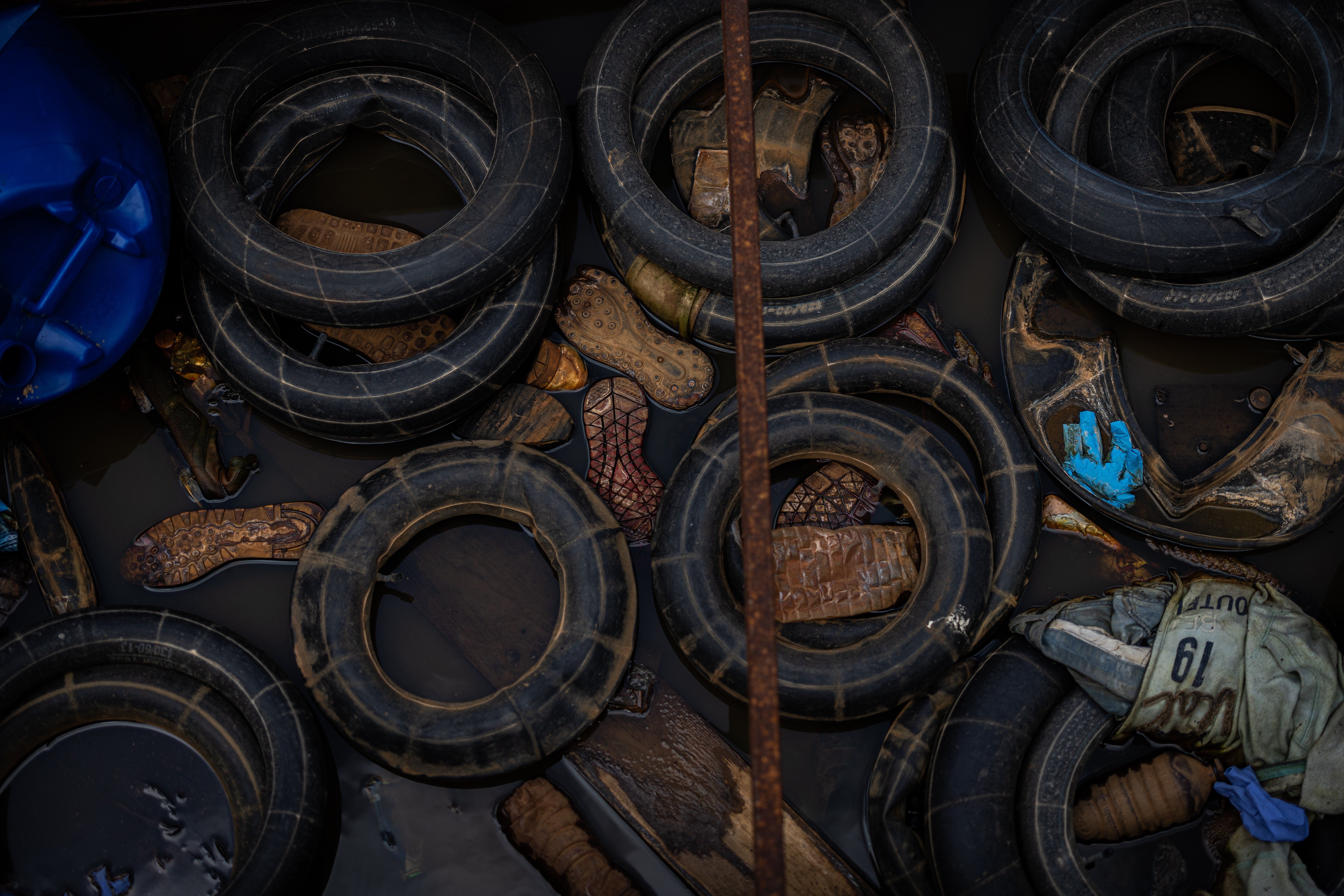Hard Numbers: Migrant boat tragedy, Polish border build-up, new COVID strain, Indian lottery winners
41: The Italian Red Cross and rescue groups reported Wednesday that 41 people drowned after a boat carrying migrants capsized off Tunisia in rough seas. Just four survivors were rescued.
2,000: Poland announced on Wednesday it will send 2,000 troops, double the expected number, to patrol its border with Belarus. The larger-than-expected mobilization may be intended to discourage fighters from Russia’s Wagner Group from making trouble inside Poland, a NATO member. It may also be to stop Belarus and Russia from pushing Middle Eastern and African migrants across the border.
17: The EG.5 variant, known as Eris, now makes up about 17% of all COVID cases in the US, according to the Centers for Disease Control, making it the most dominant current strain of the disease. Fortunately, it does not appear to cause serious illness.
100 million: Eleven female sanitation workers in the Indian state of Kerala have won a 100 million-rupee ($1.2 million) lottery jackpot. The women have vowed not to quit their jobs collecting non-biodegradable waste from households and public bins and prepping it for recycling.
